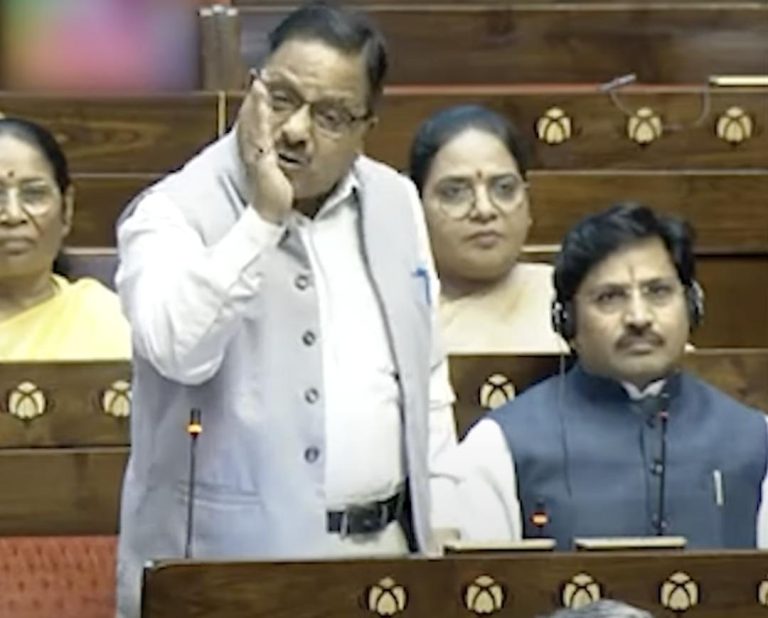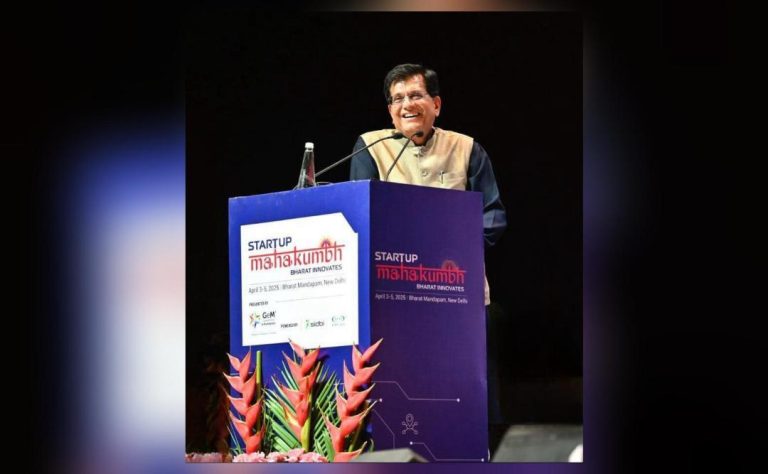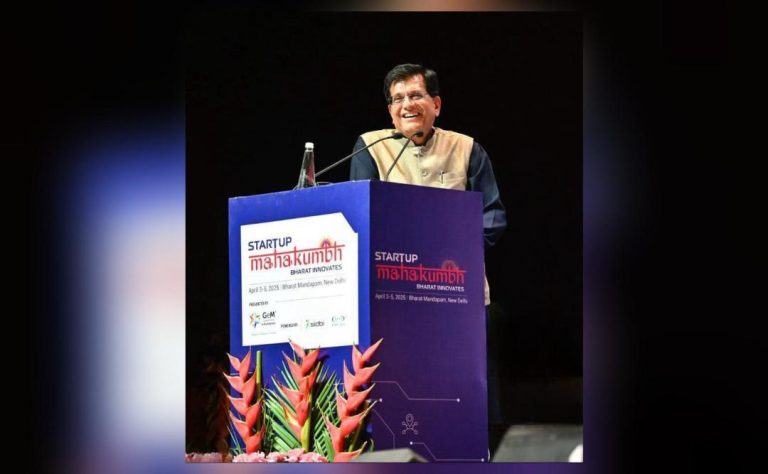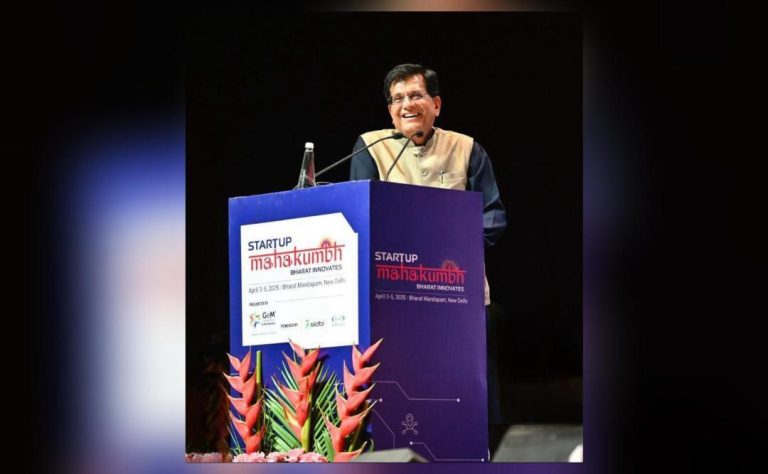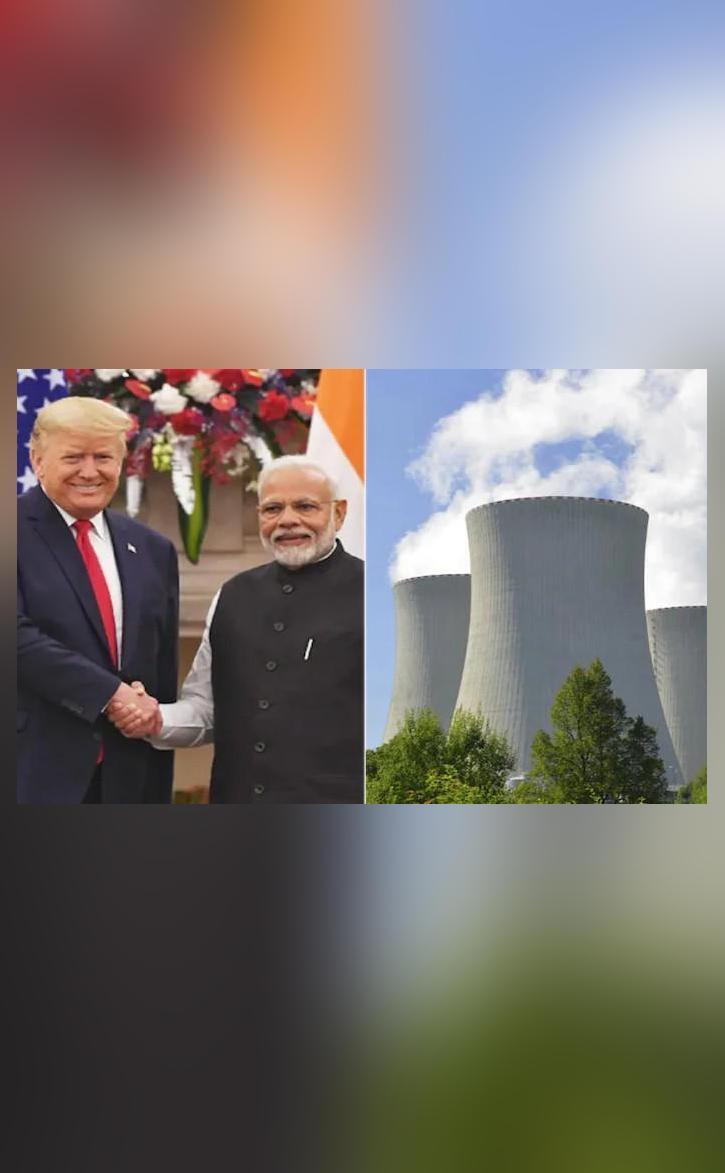
India, US to jointly build nuclear reactors in India
In a significant development that marks a major milestone in the India-US civil nuclear deal, the US Department of Energy (DoE) has cleared a US company to build and design nuclear reactors in India. The DoE has permitted Holtec International, a US-based company, to transfer its unclassified small modular reactor (SMR) technology to three private Indian firms. This development comes almost two decades after the India-US civil nuclear deal was signed in 2008.
The news was announced on March 26, and it is considered a major breakthrough in the nuclear energy sector. The agreement allows Holtec International to design, manufacture, and deliver SMRs to India, which will help the country to increase its nuclear power generation capacity. The SMRs are considered to be more efficient and cost-effective than traditional nuclear reactors, and they can be built quickly, reducing the time taken to commission a nuclear power plant.
According to the agreement, Holtec International will transfer its SMR technology to three private Indian firms – Larsen & Toubro, Bharat Heavy Electricals Limited, and Hindustan Aeronautics Limited. These companies will then use the technology to design and build SMRs in India. The agreement also provides for the sharing of knowledge, skills, and expertise between the two countries, which will help India to develop its own nuclear reactor technology.
The India-US civil nuclear deal was signed in 2008, and it was a major milestone in the Indo-US relations. The deal allowed the US to supply nuclear fuel and technology to India, and it also provided a framework for cooperation in the nuclear energy sector. However, the deal was not without its controversies, and it faced opposition from several countries, including China and Pakistan.
The decision to permit Holtec International to build and design nuclear reactors in India is seen as a significant step forward in the implementation of the civil nuclear deal. It is expected to increase the nuclear power generation capacity of India, which is one of the fastest-growing economies in the world. The increased power generation capacity will help India to meet its growing energy demands, and it will also reduce its dependence on fossil fuels.
The SMRs being developed by Holtec International are considered to be more efficient and cost-effective than traditional nuclear reactors. They are designed to be smaller, modular, and scalable, which makes them easier to build and maintain. The SMRs are also designed to be more efficient, with a higher thermal efficiency and a lower capital cost. This makes them more attractive to countries like India, which are looking to increase their nuclear power generation capacity.
The agreement between Holtec International and the three Indian firms is expected to create a new era of cooperation in the nuclear energy sector. It is expected to increase the sharing of knowledge, skills, and expertise between the two countries, which will help India to develop its own nuclear reactor technology. The agreement is also expected to create new job opportunities in India, which will help to boost the country’s economy.
The decision to permit Holtec International to build and design nuclear reactors in India is seen as a major boost to the country’s nuclear energy sector. It is expected to increase the country’s nuclear power generation capacity, which will help to reduce its dependence on fossil fuels. The agreement is also expected to create a new era of cooperation in the nuclear energy sector, which will help India to develop its own nuclear reactor technology.
Conclusion
In conclusion, the decision to permit Holtec International to build and design nuclear reactors in India is a significant step forward in the implementation of the India-US civil nuclear deal. It is expected to increase the country’s nuclear power generation capacity, which will help to reduce its dependence on fossil fuels. The agreement is also expected to create a new era of cooperation in the nuclear energy sector, which will help India to develop its own nuclear reactor technology. The development is a major boost to the country’s nuclear energy sector, and it is expected to have a positive impact on the country’s economy.
Source:

